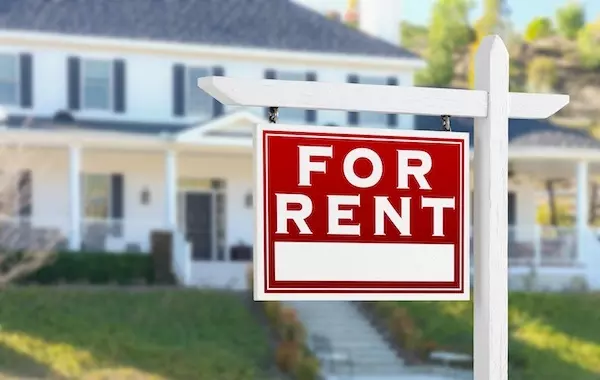Investing in a Short Term or Long Term Rental Property
In the world of real estate investing, one important decision that potential buyers face is whether to invest in short-term rentals or long-term rentals. Both options have their pros and cons, and understanding these can help investors make an informed decision. Let's explore both options:

Short-term rentals, such as Airbnb or vacation rentals, have gained popularity in recent years. These rentals typically cater to tourists and travelers looking for accommodation for a few days or weeks. One of the biggest advantages of short-term rentals is their high rental income potential. Because these properties are rented out on a nightly or weekly basis, investors can often charge premium rates, especially if the property is located in a desirable tourist destination. This can result in higher cash flow and a quicker return on investment.
Short-term rentals often offer more flexibility for owners. When investing in a short term rental, location is key. Investors have the option to use the property for personal use during times when it is not being rented out. This can be appealing for those who want to enjoy their investment property while still generating income from it.
Keep in mind, short-term rentals also come with some challenges. The turnover rate of guests can be high, requiring investors to constantly manage bookings, cleaning, and maintenance. This can be time-consuming and may require hiring a property management company to handle these tasks. Additionally, short-term rentals are subject to more regulations and legal considerations, such as obtaining the necessary permits and licenses.
Long-term rentals offer a more stable and predictable income stream. These rentals typically involve leasing a property to a tenant for an extended period, usually a year or more. Long-term rentals are often preferred by investors looking for a passive income stream. With a long-term lease, investors can enjoy a steady monthly rental income without the hassle of constantly finding new tenants.
Once a tenant is in place, landlords typically deal with fewer turnover issues and can focus more on property upkeep and general maintenance. It is essential for landlords to plan for ongoing maintenance to keep the property functional and attractive. Long-term rentals may have fewer legal and regulatory complexities compared to short-term rentals.
However, long-term rentals may not offer the same level of rental income potential as short-term rentals. Monthly rental rates are generally lower, and it may take longer to recoup the initial investment. Landlords may also face challenges related to difficult tenants or potential vacancies during lease renewals. Before renting out the property, it is essential to properly screen each tenant.
Ultimately, the decision to invest in short-term or long-term rentals depends on an investor's preferences, financial goals, and risk tolerance. Some investors may favor the high rental income potential and flexibility of short-term rentals, while others may prioritize the stability and predictability of long-term rentals.
It is important to carefully consider the specific market conditions, property location, and abilities to manage the rental property. Conducting thorough market research, evaluating the local demand for short-term or long-term rentals, and assessing personal circumstances can help investors make an informed decision.
Investing in rental properties can be a lucrative endeavor, but you must consider the pros and cons of short-term and long-term rentals.
I am a resource to you as you consider your real estate investment opportunities. Don't hesistate to reach out if you want to learn more about your options.
Adriana Michaels
Real Estate Advisor, DRE 02039616
Engel & Volkers, LA South Bay
Categories
Recent Posts











